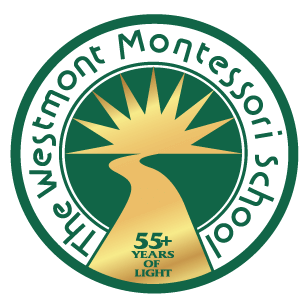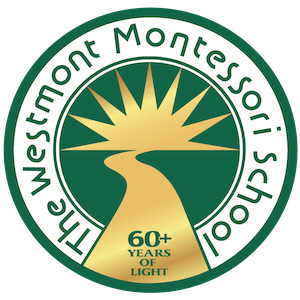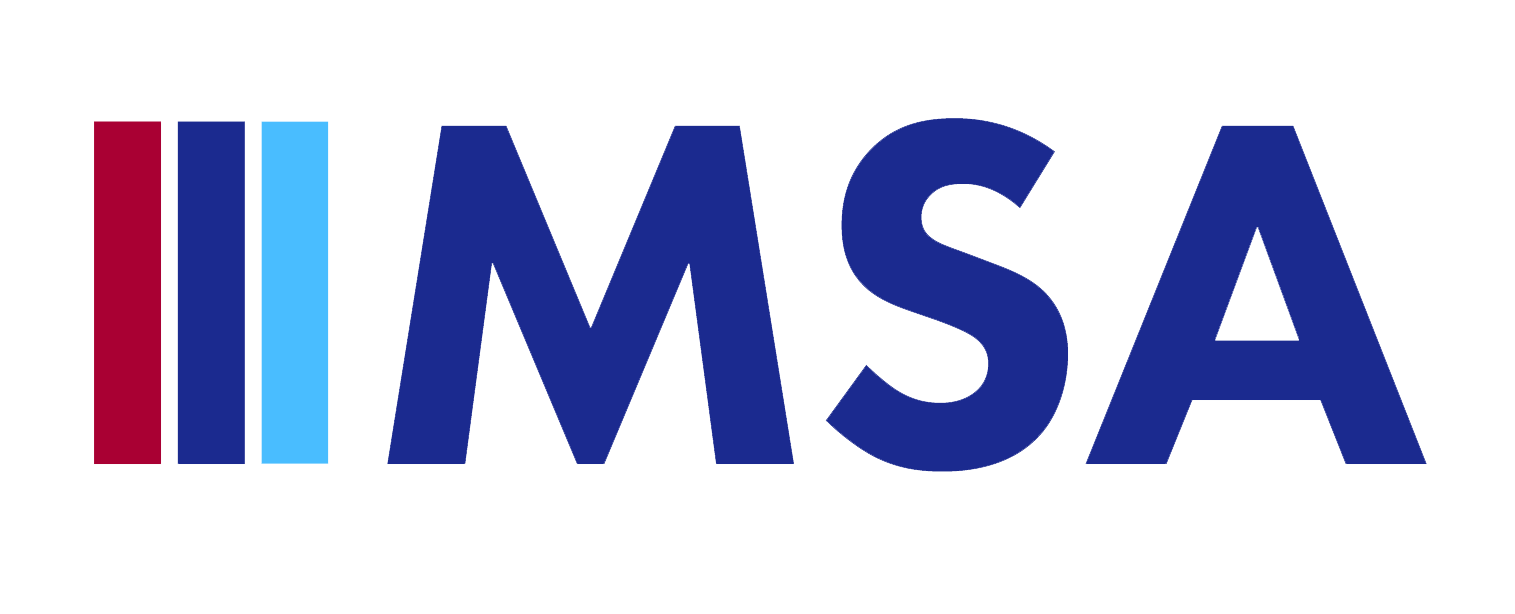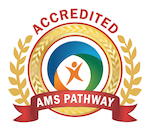Music gives a soul to the universe, wings to the mind, flight to the imagination and life to everything.” –Plato
 In its simplest form: music is beautiful to experience, it makes you feel good and it is actually good for you. We can each close our eyes and “feel” music as it transports us in that moment into the mood of the song… but how is it “good for you”? Simply put—music makes your brain work harder and therefor grow stronger.
In its simplest form: music is beautiful to experience, it makes you feel good and it is actually good for you. We can each close our eyes and “feel” music as it transports us in that moment into the mood of the song… but how is it “good for you”? Simply put—music makes your brain work harder and therefor grow stronger. - Language development and emergent literacy: music physically develops the part of the left side of the brain known to be involved with processing language; it promotes active listening and develops familiarity with print materials.
- Social and emotional development: music supports language competence which is at the root of social competence; music brings us together and fosters a learning community.
- Cognition & General Knowledge: music supports larger growth of neural activity; it improves spatial-temporal skills in children over time; these skills come into play in solving multistep problems we encounter in architecture, engineering, math, art, gaming, and especially working with computers. Music forges connections in the brain, integrating mind, body and emotions.[i]
- Physical & Motor development: music and movement support body awareness and motor skills.
- Approaches to learning: both music and movement allow for expression of self and affords children a way to identify (and celebrate) their uniqueness.
–Victor Hugo
